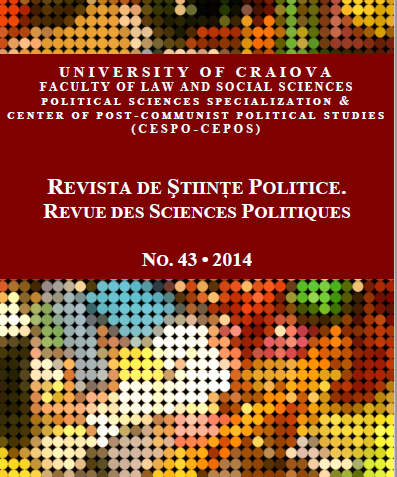Values and Academia: a Sociological-Empirical Approach
Values and Academia: a Sociological-Empirical Approach
Author(s): Ali PajazitiSubject(s): Ethics / Practical Philosophy, Higher Education , Evaluation research, Corruption - Transparency - Anti-Corruption
Published by: Editura Universitaria Craiova
Keywords: values; academia; university; moral crisis; corruption; Macedonia;
Summary/Abstract: Values can be defined as general standards, as measures of goodness or desirability, as higher order norms (Carrow et.al., 1998). Social values are moral goals to which we commit ourselves. Sociological theories and those about collective deviation today speak about the risk society, moral panic (Thompson), moral breakdown, etc. Some analyzers of the social context of our time use terms such as “the time of evil”, “of the wicked”... Various authors tells us about a corrupted world, about a state in which both the people and elites have lost the elementary ethical standards. (Eigen, 2003: 171). "Corruption (lat. corruptio, corrumpere, i.e., to distort, pervert) is the most controversial problem of the world", stated Cobus de Swardt, managing director at Transparency International. It is a social disease that cruises the body of the society; it is one of the most negative phenomena of the era in which we live; it is an infection that attacks almost all societies, even countries with a high level of well-being. Academia or universities are social instances that build our cosmos and structure of society (Frank & Gabier 2006). 21st century universities are in a crisis that is moral among other things. By this research, our intention was to tackle the mechanism behind the various forms of abuse of power in universities in Republic of Macedonia.
Journal: Revista de Științe Politice. Revue des Sciences Politiques
- Issue Year: 2014
- Issue No: 43
- Page Range: 125-140
- Page Count: 16
- Language: English

